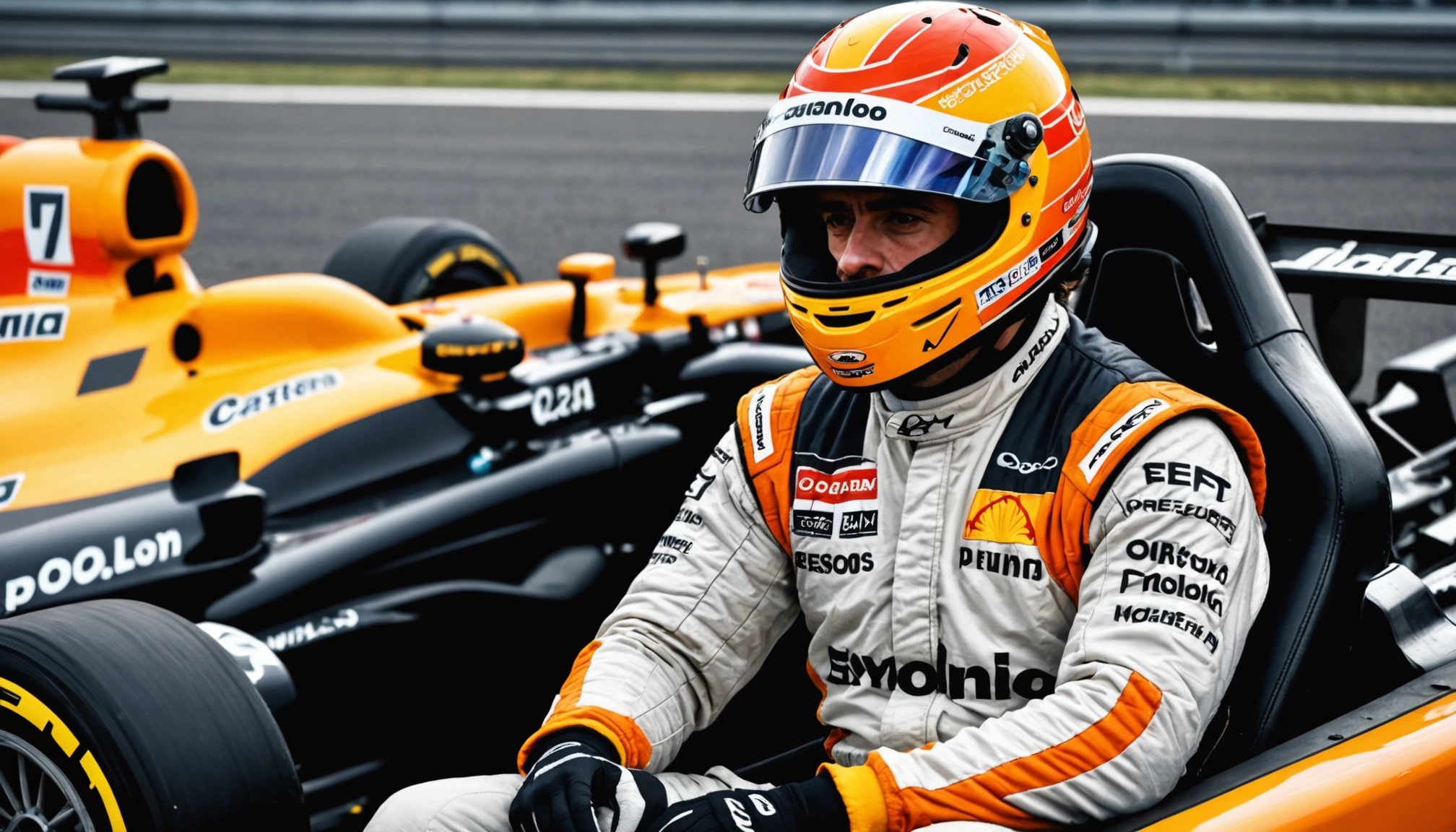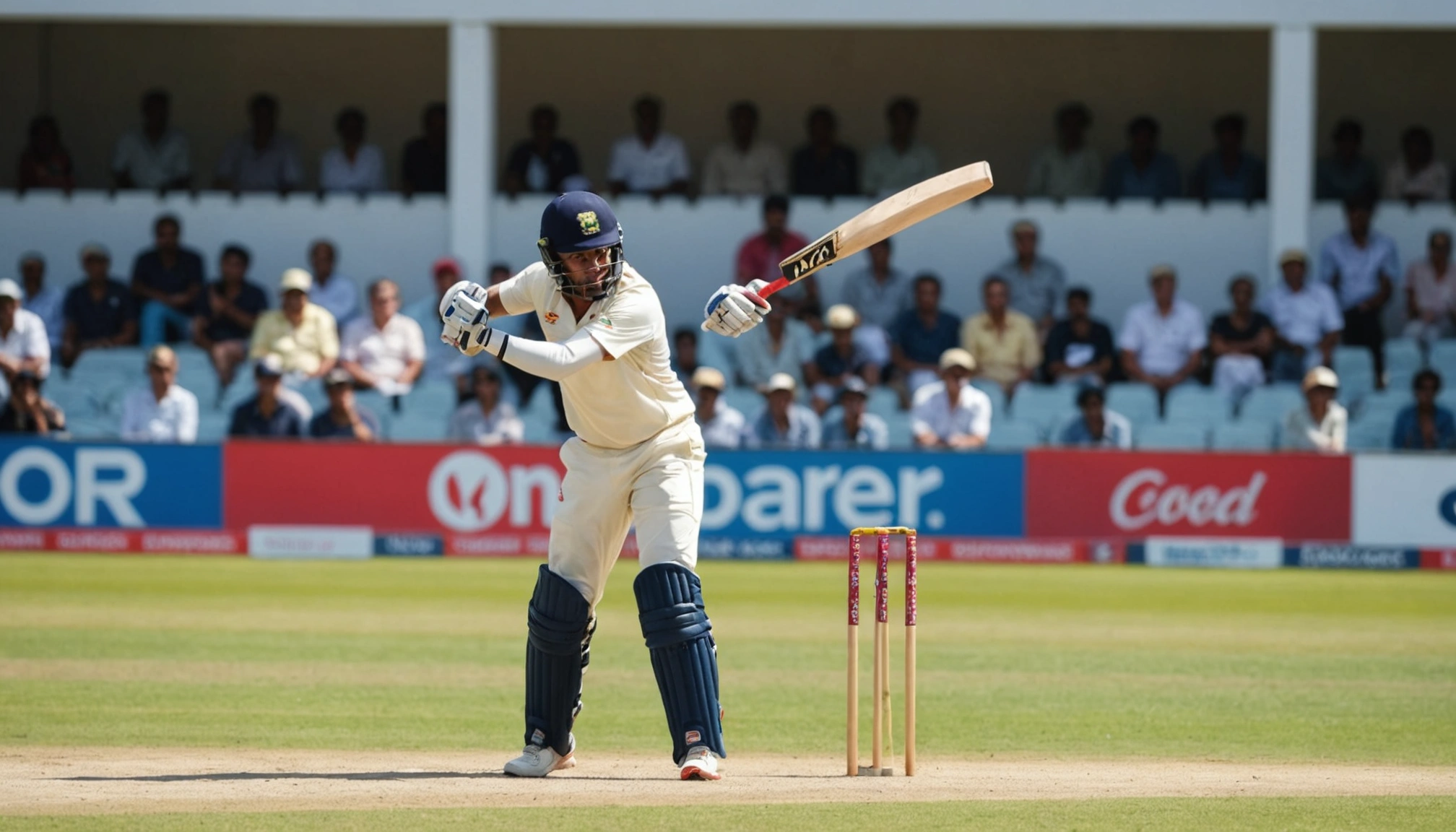Is Fernando Alonso The Unluckiest Driver On The Grid?
Explore why Fernando Alonso is often seen as Formula 1's unluckiest driver despite his immense talent and resilience in the sport.

By Editorial
Introduction To Fernando Alonso's Racing Journey
Fernando Alonso, a two-time Formula 1 world champion, is widely regarded as one of the most talented drivers in the sport’s history. Yet, despite his undeniable skill and determination, many fans and experts alike consider him to be the unluckiest driver on the grid. This article explores the reasons behind this perception, analysing Alonso’s career setbacks, near-misses, and the resilience that has defined his journey.
Early Promise And Initial Setbacks
Alonso burst onto the Formula 1 scene in the early 2000s with remarkable speed and racing intelligence. After clinching back-to-back world championships in 2005 and 2006 with Renault, expectations were sky-high. However, subsequent moves to teams like McLaren and Ferrari brought a series of unfortunate events, from mechanical failures to strategic errors.
For instance, his 2007 season with McLaren was marred by internal team conflicts and reliability issues, which ultimately cost him the championship by a narrow margin to Lewis Hamilton. Despite winning races, Alonso’s title challenge was thwarted repeatedly by circumstances beyond his control, cementing the early signs of bad luck.
Mechanical Failures And Missed Opportunities
One of the major factors contributing to Alonso’s unlucky reputation is the frequency of mechanical failures at crucial moments. In the 2018 and 2019 seasons, while racing for McLaren, Alonso’s performances were often hampered by uncompetitive cars and technical problems. Even his return to Formula 1 in 2021 with Alpine has highlighted how reliability issues continue to impede his chances of securing podiums and victories.
This pattern is a stark contrast to some of his contemporaries who have benefited from more reliable machinery. The difference in team performance is exemplified by the struggles of other drivers in similarly equipped cars, but Alonso’s fighting spirit shines through regardless.
Strategic Misfortune And Race Incidents
Beyond mechanical issues, Alonso has also been a victim of strategic miscalculations and race incidents beyond his control. During the 2012 season, a series of pit stop errors and on-track collisions prevented him from capitalising on his car’s potential. In Formula 1, where milliseconds matter, these setbacks have a significant impact on championship standings.
Moreover, Alonso’s aggressive driving style, while thrilling, has occasionally led to unfortunate collisions. A notable example was the 2018 German Grand Prix, where a collision forced his retirement from a promising position. These incidents, combined with team errors, often make it seem as though luck is never on his side.
Resilience And Continued Passion For Racing
Despite these challenges, Alonso’s resilience remains admirable. His return to Formula 1 after a two-year hiatus to compete with Alpine demonstrates his undying passion and commitment to the sport. Unlike many drivers who might have retired after such setbacks, Alonso continues to push the limits, showing that determination can sometimes overcome bad luck.
His persistence is reminiscent of other sports personalities who have faced adversity but remained focused on their goals. Readers interested in sports resilience might also find insights in articles like Chris Froome’s recovery journey, showcasing how top athletes battle through setbacks.
Comparing Alonso's Experience With Other Drivers
When comparing Alonso to other drivers on the grid, it’s clear that luck plays a significant role in shaping careers in Formula 1. Unlike drivers who have enjoyed long stints with dominant teams like Mercedes or Red Bull, Alonso’s path has been marked by frequent team changes and fluctuating car performance.
This contrast is evident when looking at younger talents breaking through, such as Lando Norris, who benefits from McLaren’s improving form. Alonso’s experience also highlights the importance of team strategy and engineering excellence in a driver’s success.
Why Luck Matters In Formula 1
Formula 1 is a sport where driver skill is crucial, but external factors like team decisions, car reliability, weather, and even luck can influence outcomes dramatically. Alonso’s career underscores the unpredictable nature of racing and why even the most skilled drivers can struggle to achieve consistent success without the right support.
What Does The Future Hold For Fernando Alonso?
Looking ahead, Alonso’s determination suggests he will continue to strive for success despite his past misfortunes. The evolving landscape of Formula 1, with new regulations and team dynamics, may offer him fresh opportunities to challenge for wins.
Fans can stay updated on Alonso’s journey and other sports news, including intriguing football transfers, by exploring content such as Manchester United’s summer transfer insights. This provides a broader context of how sports professionals navigate challenges beyond their immediate disciplines.
Conclusion: Is Fernando Alonso The Unluckiest Driver?
In summary, while it might be harsh to label Fernando Alonso as the unluckiest driver on the grid, his career certainly demonstrates a recurring pattern of setbacks, from mechanical failures to strategic misfortunes. Nevertheless, his resilience, skill, and passion have earned him a revered place in Formula 1 history.
Alonso’s story is a testament to the unpredictable nature of motorsport and a reminder of how perseverance and talent can coexist with moments of bad luck. For those interested in the wider sports world, SportScoop offers comprehensive coverage, including insights into sports safety like the latest on jockey safety, illustrating the diverse challenges athletes face.
Related topics
Editorial
Sports expert at SportsScoop
Specialist in sports analysis and journalism
Related articles
Want to read more?
Explore our comprehensive collection of sports articles and analysis, or contact us for more information.



